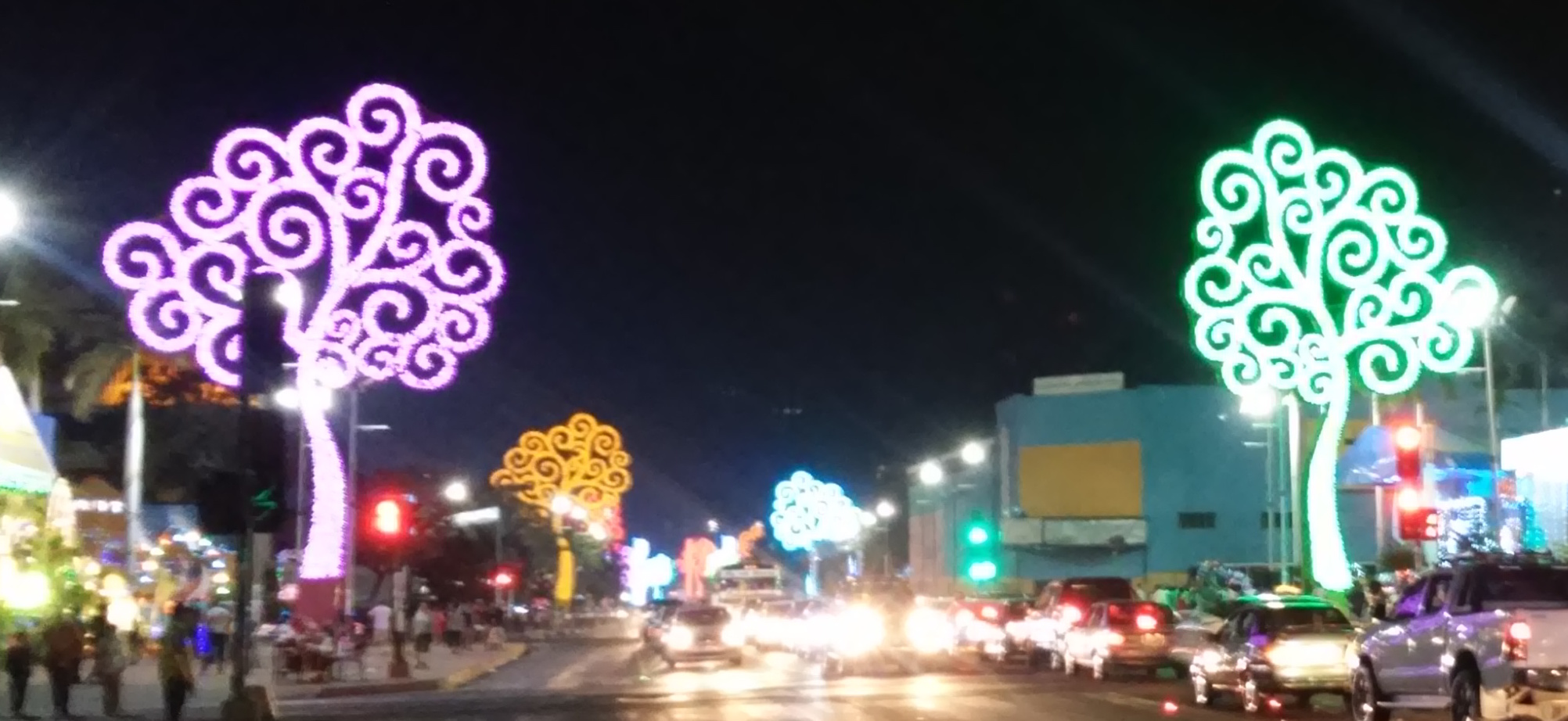
My (R)evolution, part 2.
Since April 19 of this year, there is political upheaval going on in Nicaragua,
the country that I have called home since 2005. What’s happening isn’t pretty, and it doesn’t seem that the situation is going to be solved anytime soon: the people of Nicaragua have—quite suddenly—stood up against their president, Daniel Ortega, and his wife, vice-president Rosario Murillo.
I can’t say I have openly announced it, but over the past few years I have regularly wondered when something would finally spark this fiery nation back into their old mode of standing up for their rights. Last century they fought a 28 year civil war to overthrow the dictatorship of the Somoza family. Nicaraguans showed then a drive for freedom and equality to reckon with. Men and women didn’t give up in their fight for democracy, and won.
In 2006 Daniel Ortega was elected president. In 2011 he was re-elected. Then he single-handedly changed the constitution so that he could be re-elected until his death.
I happened to be in the capital, Managua, in the weeks prior to the last elections in 2016. In the city, shared taxis are the most used means of “public” transport. They are a great way to engage in conversations with the local population.
On one taxi-ride I asked the driver when exactly the elections were scheduled. He shrugged his shoulders…,
told me he didn’t know. I pretended to be shocked. “But sir! How come you don’t know when the elections are? Aren’t you going to vote?” Another shrug. “What’s there was to vote for?” His rhetorical question made it obvious that Ortega was going to be president again, regardless of the turnout and results of the vote.
I had similar conversations over the next few days. I saw many shrugs. Everyone I asked seemed to have surrendered to this anything-but-democratic situation.
It made me wonder what happened to the Nicaraguan spirit to stand up for their rights. The elections came and went, and Ortega started his third term, with his wife Rosario Murillo as appointed vice-president.
One of Murillo’s most remarkable undertakings over the past few years has been the “planting” of a bunch of metal “trees of life” in the capital. Gigantic colourful trees decorated with 50.000 LED lights each. Price tag $25.000 per piece. At first there were only a few, put up around December to add to the Christmas ambience in the city. That handful looked nice.
Next time I was in the capital there were many more. And the next time even more, and then some.
Over the timespan of just a few years, almost 200 of these “arboles de vida” were placed along the main boulevards around the city. In my eyes, as pretty as they looked (I love bright colours!) they stood out as symbols of a megalomanic government that cared more about showing off than about taking care of its people.
Every time I would drive past one of these trees in a taxi, I would engage the driver in a conversation about them being symbols of oppression. About the waste of money and energy they represented, that could have been used for better education, health care or infra-structure. About the amount of heat these steel giants generate in an already overheated city full of asphalt and concrete, air conditioners and cars. About the amount of live, green trees that could have been planted instead, producing fresh oxygen, cooling the city and diminishing air pollution… “Qué vergüenza!” I would say (what a shame!), and they would nod in agreement. Then they would just shrug their shoulders. That same shrug I’d seen around the elections. As if they didn’t care?
I asked them what happened to that Nicaraguan fighting spirit, which had brought them liberation from a dictator 40 years ago. How come everybody was letting this just happen? Did nobody care? Had they lost their guts?
Yes, they agreed, it was strange that nobody stood up and protested. They couldn’t tell me why.
They couldn’t express at that time—maybe because they weren’t aware of it themselves—that that spirit hadn’t died. That flame had not been put out. It was still dormant, maybe covered under the cushiness of economical progress and relative wealth over the last decade or two compared with last century. Maybe material life had become a tad too comfortable for most people to spark indignity over certain political issues that were less-than-democratic.
Whatever caused the Nicaraguan people to be lulled into inertia, it didn’t prove to be 100% effective. They woke up, raked their own fire, and are fighting full force for their freedom again.
I wish I could say that I didn’t expect this, but I must admit I wondered multiple times over the last few years if and when this all would happen.
Now it’s no longer just a thought in my mind.
(Told you so, a little voice in the back of my head whispers with a wagging finger, making me almost feel guilty. I wish it weren’t right).
Now, I’m living in a country heading for a revolution, where the people openly call their president a dictator.
Reporting from a country in chaos, trying to make sense of my own mind.
Read part 1 of this series here.
